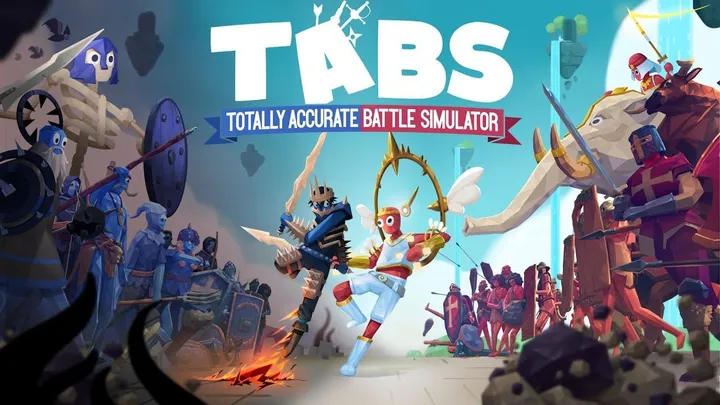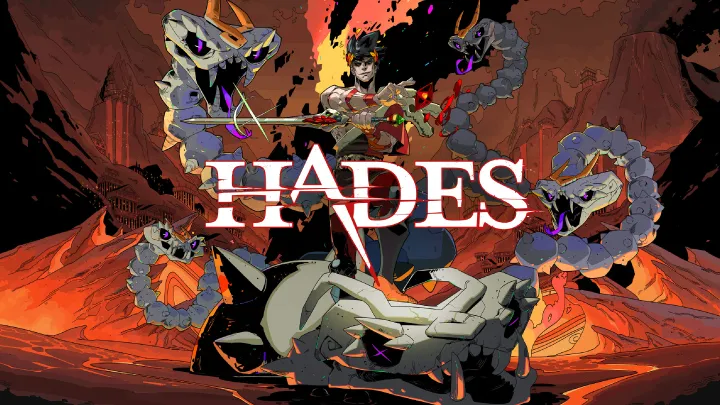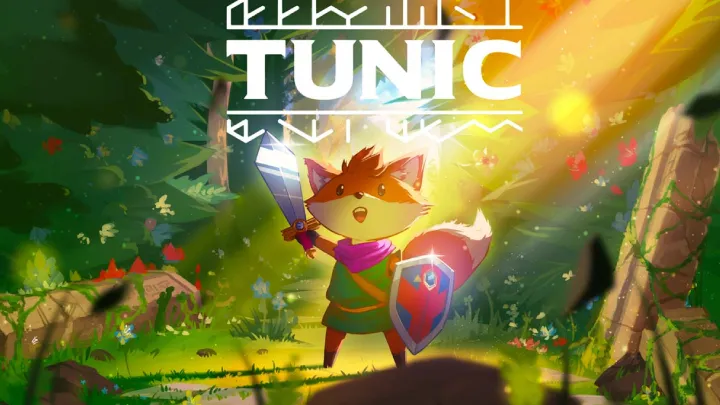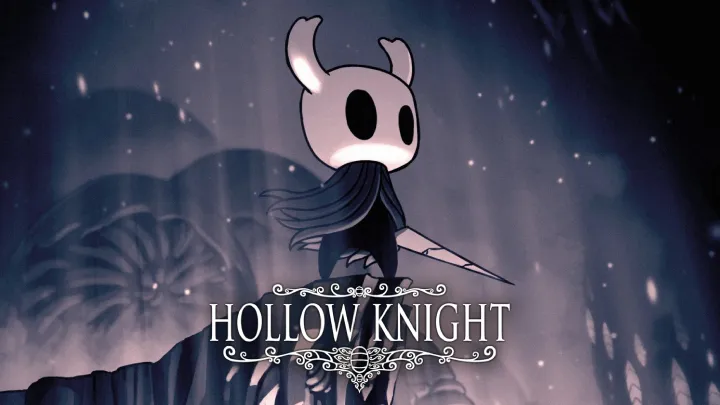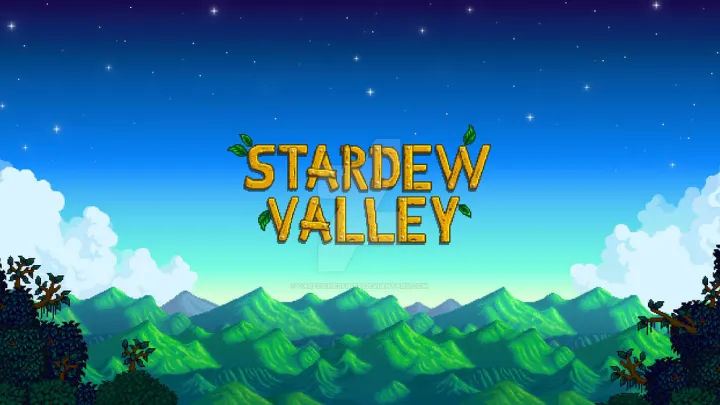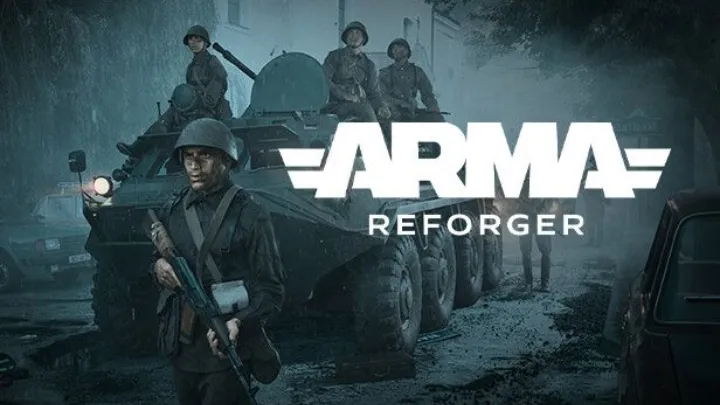Introduction
Storytelling has always been one of the most powerful tools in human culture. In gaming, it transcends simple entertainment and becomes an emotional journey that players live through. Whether it’s making life-altering decisions, uncovering dark secrets, or experiencing a world that feels alive, the most immersive storytelling games pull players into their universes like a great novel or movie would.
In this article, we’ll explore the top 10 games with the most immersive storytelling, analyzing their narratives, gameplay mechanics that support those stories, and providing an overall evaluation of their impact.
1. The Last of Us (2013)
Naughty Dog’s The Last of Us is often hailed as one of the greatest narrative-driven games of all time.
Story and Characters
The game follows Joel, a smuggler surviving in a post-apocalyptic America, and Ellie, a teenage girl who may hold the cure to the infection destroying humanity. Their evolving father-daughter-like relationship is central to the emotional depth of the game.
Gameplay and Immersion
The gameplay mixes stealth, survival, and action. Limited resources force players to make tough choices, mirroring the desperate tone of the story. Every combat encounter feels like a narrative beat, not just a gameplay mechanic.
Evaluation
With its deeply human story, nuanced characters, and emotional climax, The Last of Us redefined narrative design in gaming.

2. Red Dead Redemption 2 (2018)
Rockstar’s open-world Western epic is not just a sandbox—it’s a masterclass in narrative immersion.
Story and Characters
Players step into the boots of Arthur Morgan, an outlaw grappling with loyalty, morality, and survival as his gang slowly falls apart. The themes of redemption, freedom, and inevitability are interwoven seamlessly into the narrative.
Gameplay and Immersion
From realistic gunfights to simple activities like fishing or bonding with your horse, every mechanic feels tied to the story. The honor system also reflects Arthur’s choices, making his fate feel personal to each player.
Evaluation
Few games have matched RDR2’s blend of open-world freedom and narrative density. It’s a world where every small action feels like part of Arthur’s story.

3. BioShock (2007)
A game that proved storytelling in games could rival literature and film.
Story and Characters
Set in the underwater city of Rapture, BioShock explores themes of power, control, and morality. The iconic “Would you kindly?” twist became one of the most shocking narrative reveals in gaming history.
Gameplay and Immersion
First-person combat, plasmid powers, and hacking mechanics all reinforce the dystopian tone. The player’s role as both participant and pawn of the story deepens immersion.
Evaluation
BioShock didn’t just tell a story—it made players question their agency in games themselves.
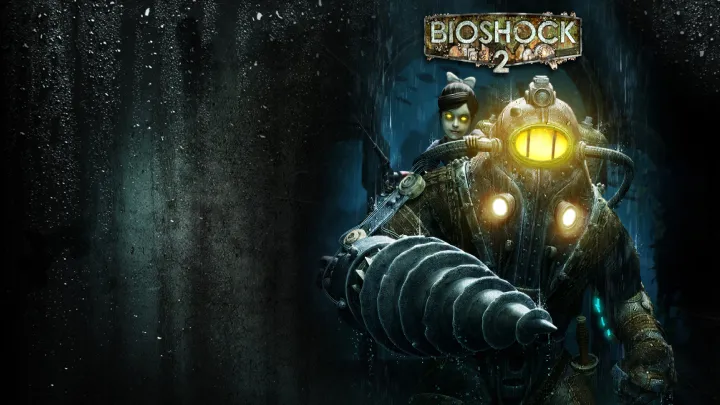
4. The Witcher 3: Wild Hunt (2015)
CD Projekt Red created a sprawling RPG that set new standards for worldbuilding and branching narratives.
Story and Characters
Players embody Geralt of Rivia, a monster hunter navigating political intrigue, personal relationships, and moral dilemmas. The main storyline intertwines with rich side quests that often feel as important as the central narrative.
Gameplay and Immersion
Choice and consequence are the heart of immersion. Every decision impacts characters and world states, often in unpredictable ways. Combat and exploration tie players deeper into the richly detailed world.
Evaluation
With its narrative depth and player agency, The Witcher 3 is a benchmark for storytelling in RPGs.
5. Life is Strange (2015)
This episodic adventure game showcased how intimate storytelling could be in gaming.
Story and Characters
Players control Max Caulfield, a photography student who discovers she can rewind time. The game explores friendship, love, trauma, and the consequences of choice, with a strong focus on her bond with Chloe Price.
Gameplay and Immersion
The time-rewind mechanic uniquely ties into narrative decisions, letting players “replay” choices while still living with their consequences. This makes every moment feel weighty.
Evaluation
Life is Strange delivers an emotionally charged narrative experience where even small decisions feel monumental.
6. God of War (2018)
Santa Monica Studio’s reboot transformed a rage-fueled franchise into a deeply personal father-son story.
Story and Characters
Kratos and his son Atreus journey through Norse realms, grappling with loss, legacy, and parenthood. The narrative humanizes Kratos while still maintaining epic mythological stakes.
Gameplay and Immersion
The single-shot camera style creates an unbroken cinematic flow, making players feel continuously present in Kratos’ journey. The combat is visceral yet narratively tied to his struggles and teachings to Atreus.
Evaluation
God of War balances mythic grandeur with emotional intimacy, creating an unforgettable storytelling experience.
7. Detroit: Become Human (2018)
Quantic Dream’s interactive drama pushes narrative interactivity to its limits.
Story and Characters
The story revolves around androids seeking freedom and identity in a futuristic Detroit. Players follow three main protagonists: Connor, Markus, and Kara, each facing different struggles tied to human morality.
Gameplay and Immersion
Branching paths and quick-time events put storytelling directly into the player’s hands. Every choice can drastically alter the narrative, giving immense replay value.
Evaluation
Though divisive, Detroit: Become Human is one of the most ambitious narrative experiments in gaming.
8. Mass Effect 2 (2010)
Bioware’s space opera remains a gold standard in character-driven storytelling.
Story and Characters
Commander Shepard recruits a diverse team for a suicide mission, with every character having a personal arc. Relationships, loyalty missions, and player choices shape not only the outcome but also emotional investment.
Gameplay and Immersion
The combination of third-person shooting and RPG elements gives weight to both combat and dialogue choices. The game’s climax, where the survival of characters depends on prior actions, ties gameplay directly to narrative stakes.
Evaluation
Mass Effect 2 blends cinematic storytelling with player agency in a way few games have matched.
9. Disco Elysium (2019)
A narrative-driven RPG that prioritizes dialogue and choice over combat.
Story and Characters
Players control a troubled detective solving a murder while battling his own fractured psyche. The game’s writing explores politics, philosophy, and identity in ways few games dare.
Gameplay and Immersion
Every skill in the game represents part of the protagonist’s personality, creating inner dialogues that shape how the story unfolds. Choices are constant, consequences inevitable.
Evaluation
Disco Elysium proves that storytelling can be gameplay itself, redefining what an RPG can be.
10. Heavy Rain (2010)
Another Quantic Dream title that pioneered interactive narrative experiences.
Story and Characters
A psychological thriller where players control four characters linked to the mystery of the Origami Killer. Themes of loss, sacrifice, and morality permeate the narrative.
Gameplay and Immersion
Quick-time events, investigation mechanics, and branching paths create a movie-like experience where player choices directly determine who lives and dies.
Evaluation
While imperfect, Heavy Rain was groundbreaking in proving that narrative choice could rival traditional gameplay.
Conclusion
Storytelling in games has evolved into something far beyond simple cutscenes or dialogue. The titles above—ranging from action-adventures to RPGs and interactive dramas—prove that games can deliver emotionally powerful, complex, and immersive narratives.
From the heart-wrenching bonds of The Last of Us to the philosophical depths of Disco Elysium, these games showcase the future of storytelling in interactive media. Ultimately, what sets them apart is not just the plot, but how gameplay and narrative intertwine, making players feel like true participants in the story.
